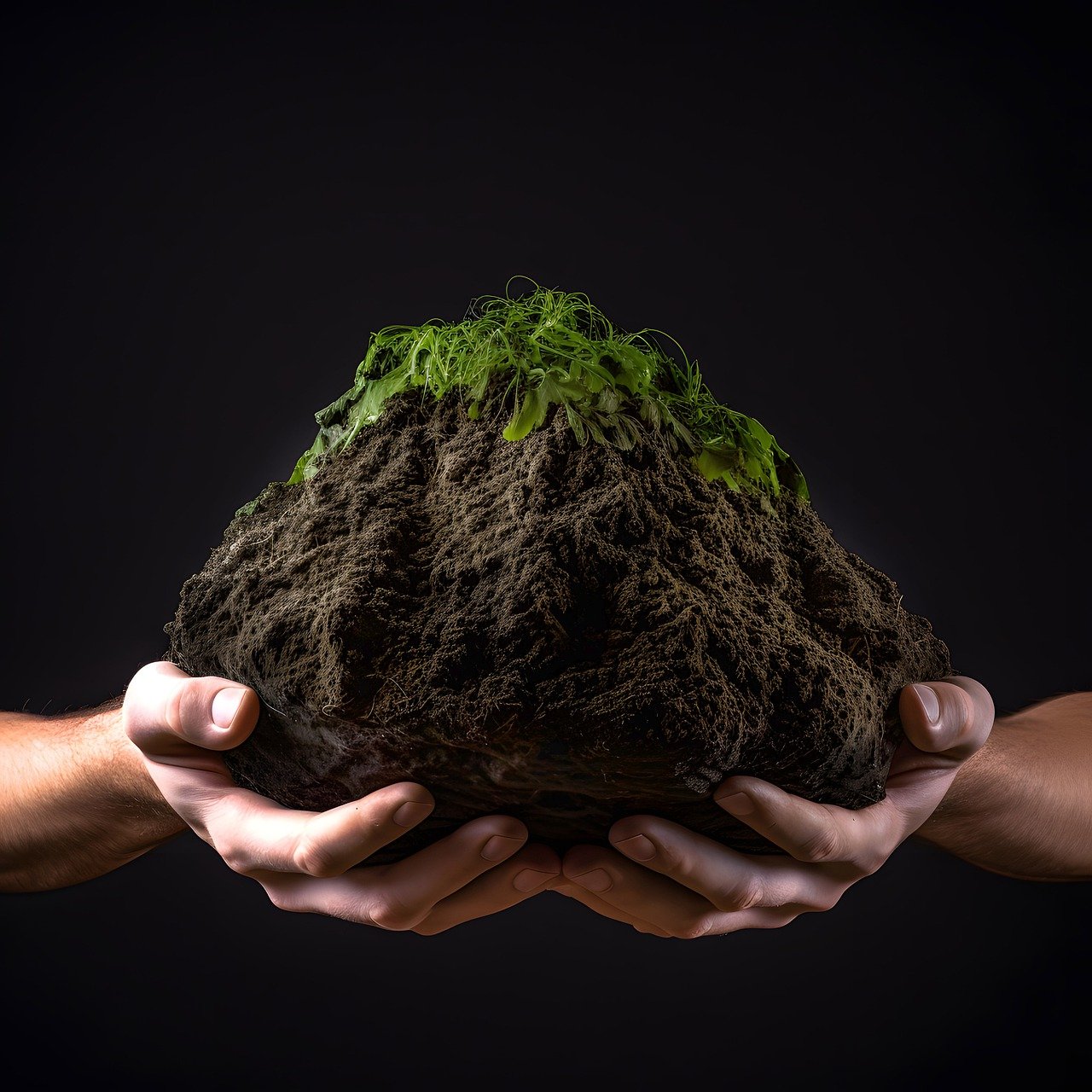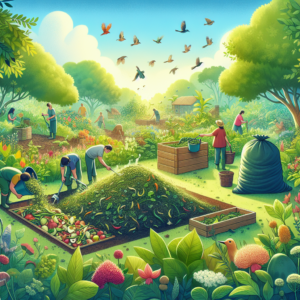So you’ve recently cleaned up your garden and now you’re left wondering: what should I do with all this old soil? Is it suitable for my compost bin? Well, I’m here to tell you that yes, you absolutely can put old soil in your compost bin! While it may not be as nutrient-rich as fresh soil, old soil can still contribute to the overall health and fertility of your compost. In fact, adding it to your compost pile can help improve its structure and provide a variety of microorganisms that are beneficial for decomposition. So, don’t let that old soil go to waste – give it a second life in your compost bin!
Can You Put Old Soil in Compost Bin?
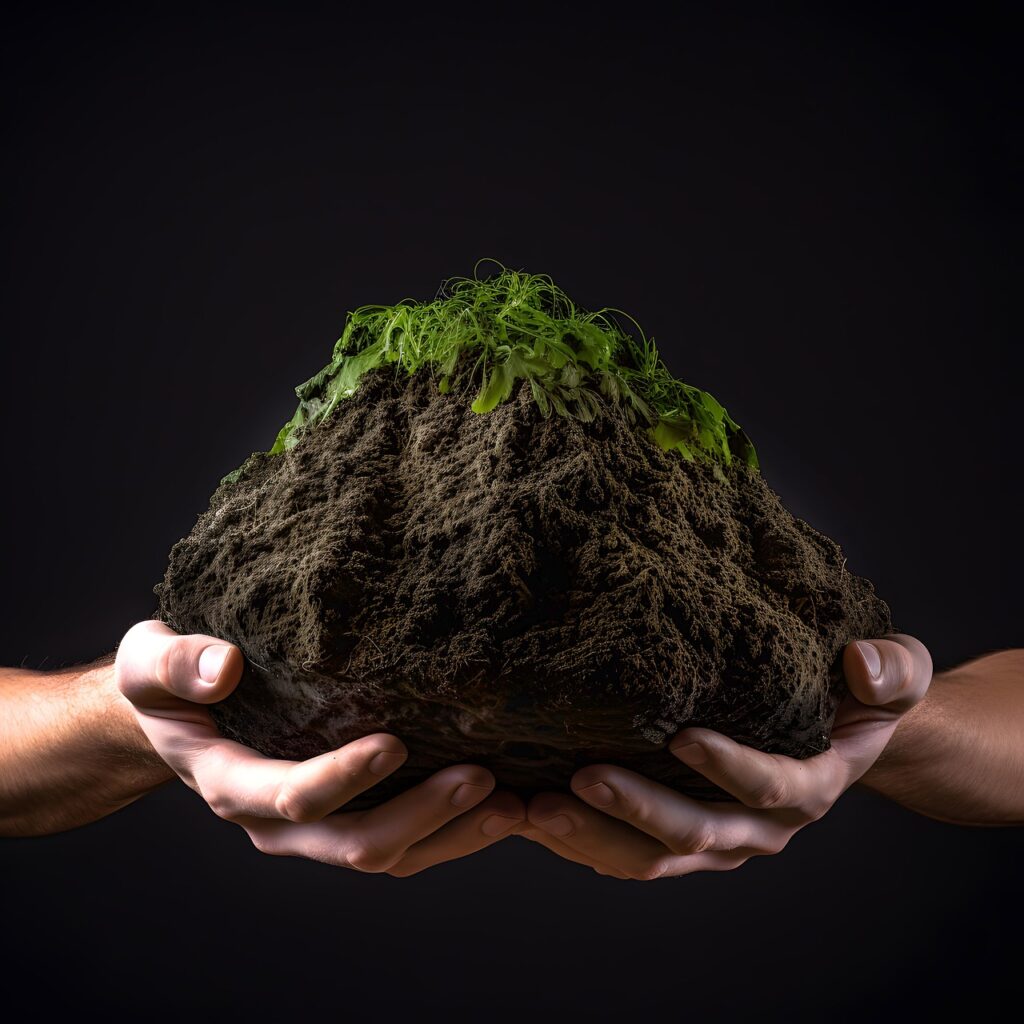
Check Out Our Recommended Composting Products on Amazon Right Here!
Exploring the World of Put Old Soil
Determining the Quality of Old Soil
If you find yourself with old soil that you no longer need or want to reuse, you may be wondering if it’s suitable for the compost bin. The answer is yes, you can put old soil in a compost bin, but there are a few things to consider to ensure its quality and effectiveness as compost.
First, determine the quality of the old soil. Is it rich in organic matter? Does it contain any harmful chemicals or contaminants? These factors will play a significant role in the success of composting with old soil. If the soil has been free from chemicals and is nutrient-rich, it can be a valuable addition to your compost bin.
Benefits of Adding Old Soil to Compost Bin
Adding old soil to your compost bin offers several benefits. One of the main advantages is that it increases the overall nutrient content of your compost. Old soil often contains traces of various minerals and micronutrients, which can enrich your compost and enhance its fertility. Additionally, the organic matter present in the old soil helps improve the structure and water-holding capacity of the compost, promoting better plant growth when used as soil amendment.
Another benefit of using old soil in the compost bin is the potential introduction of beneficial microbes. Over time, the soil accumulates a vast array of microorganisms, such as bacteria, fungi, and earthworms, which contribute to the decomposition process. By incorporating old soil into your compost, you introduce these microbes into the mix, which aids in breaking down organic material and speeding up the composting process.
Check Out Our Recommended Composting Products on Amazon Right Here!
Considerations Before Adding Old Soil to Compost Bin
Before adding old soil to your compost bin, it is crucial to consider a few factors. One important consideration is the presence of weeds or disease pathogens in the soil. If the old soil contains weed seeds or disease-causing organisms, it could lead to unwanted plants or plant diseases in your compost. To reduce the risk, ensure that the old soil has been adequately sterilized or composted before being added to your compost bin.
Additionally, be cautious of using old soil from pots or containers where chemicals may have been applied, such as pesticides or herbicides. These chemicals can linger in the soil and potentially harm the beneficial organisms in your compost. It is best to avoid using soil from these sources or to thoroughly wash and treat the old soil before incorporating it into your compost bin.
Preparing Old Soil for Composting
To prepare old soil for composting, start by removing any large rocks, roots, or debris that may hinder the composting process. Break up any clumps of soil to ensure a more even and efficient integration into the compost. It is also beneficial to moisten the old soil slightly, as moisture is crucial for the decomposition of organic material. However, be cautious not to make the soil overly saturated, as excessive moisture can lead to anaerobic conditions in the compost bin.
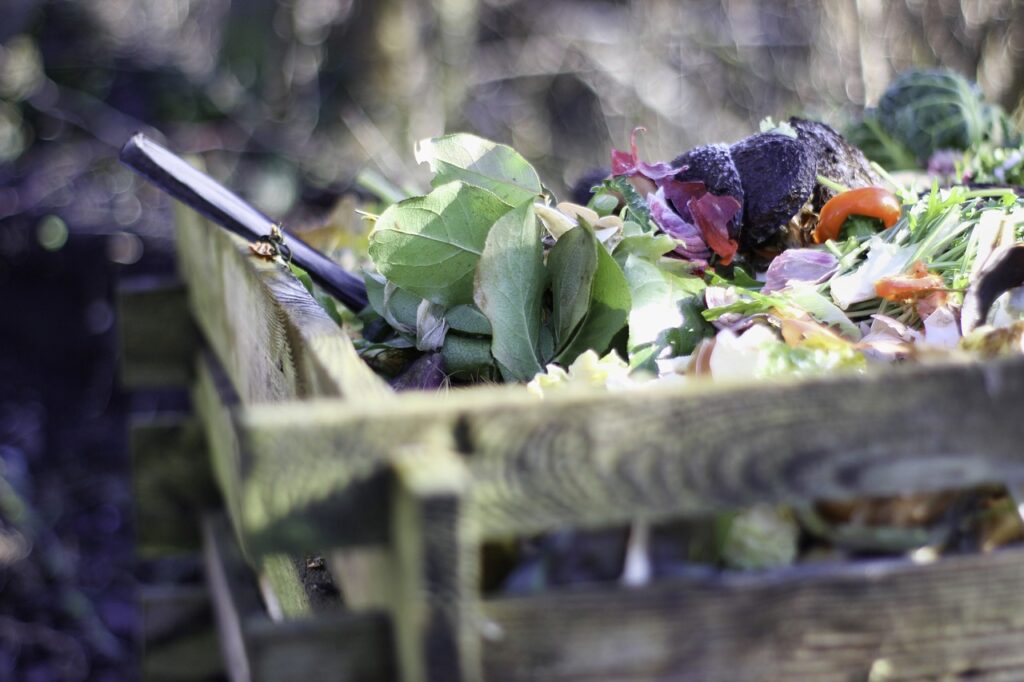
Using Old Soil in Compost Bin
When it comes to using old soil in the compost bin, there are a few methods you can follow. One option is to layer the old soil with other organic materials, such as kitchen scraps, yard waste, and shredded paper. This layering technique helps create a balance of carbon and nitrogen-rich materials necessary for successful composting. Alternate layers of old soil and organic matter in your compost bin, making sure to maintain the proper moisture levels and turn the pile regularly to allow for proper aeration.
Another method is to mix the old soil directly with the organic materials in your compost bin. This ensures a more uniform distribution of the soil throughout the compost pile. Again, remember to monitor moisture levels and turn the compost regularly to promote decomposition.
Enhancing Compost with Old Soil
Using old soil in your compost can enhance its overall quality. By adding old soil to the compost mix, you introduce beneficial microbes, nutrients, and organic matter that contribute to the breakdown of organic material. As the compost matures, these added components improve the nutrient availability and texture of the resulting compost, making it an excellent soil amendment for your garden or potted plants.
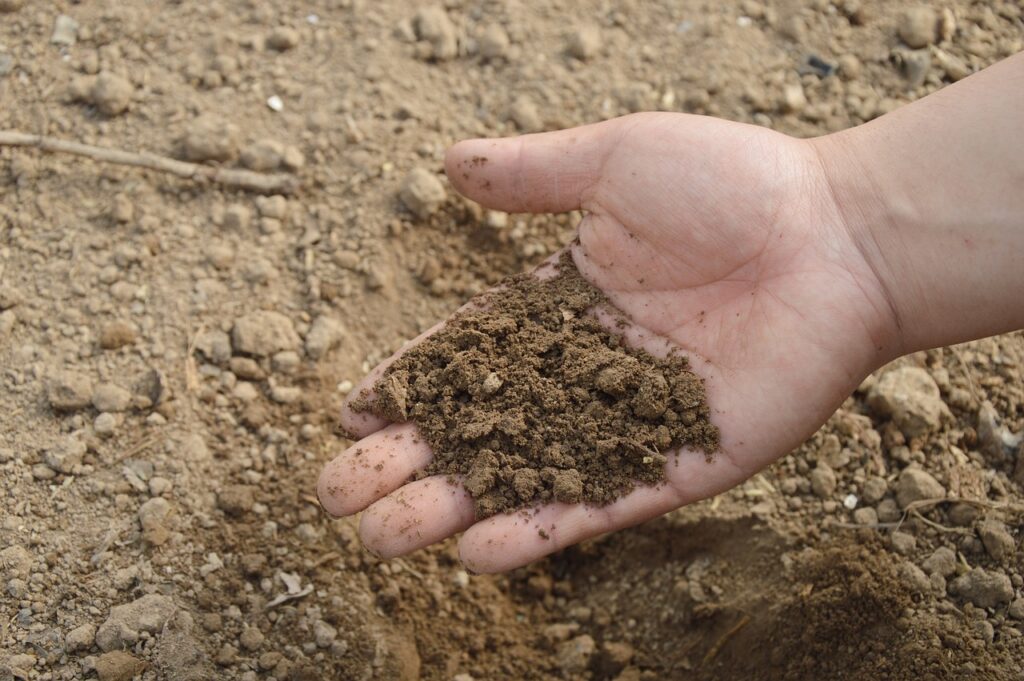
Avoiding Contamination in Compost Bin
While old soil can be a valuable addition to your compost bin, it’s essential to avoid contamination. This means being mindful of what materials are going into your compost. Avoid including any plants that may carry diseases or unwanted pests. Also, be cautious of adding kitchen scraps that contain oils, dairy products, or meat, as they can attract pests and create unpleasant odors. Maintaining a balanced mix of organic matter and turning the compost regularly will help minimize contamination risks.
Alternatives to Adding Old Soil to Compost Bin
If you have concerns about using old soil in your compost bin, there are alternative options to consider. One option is to use the old soil as a topdressing or mulch for your garden or potted plants. This allows the soil to slowly release its nutrients and improve the soil structure without going through the composting process. Another alternative is to donate the old soil to a community garden or local gardening organization where it can be reused by others.
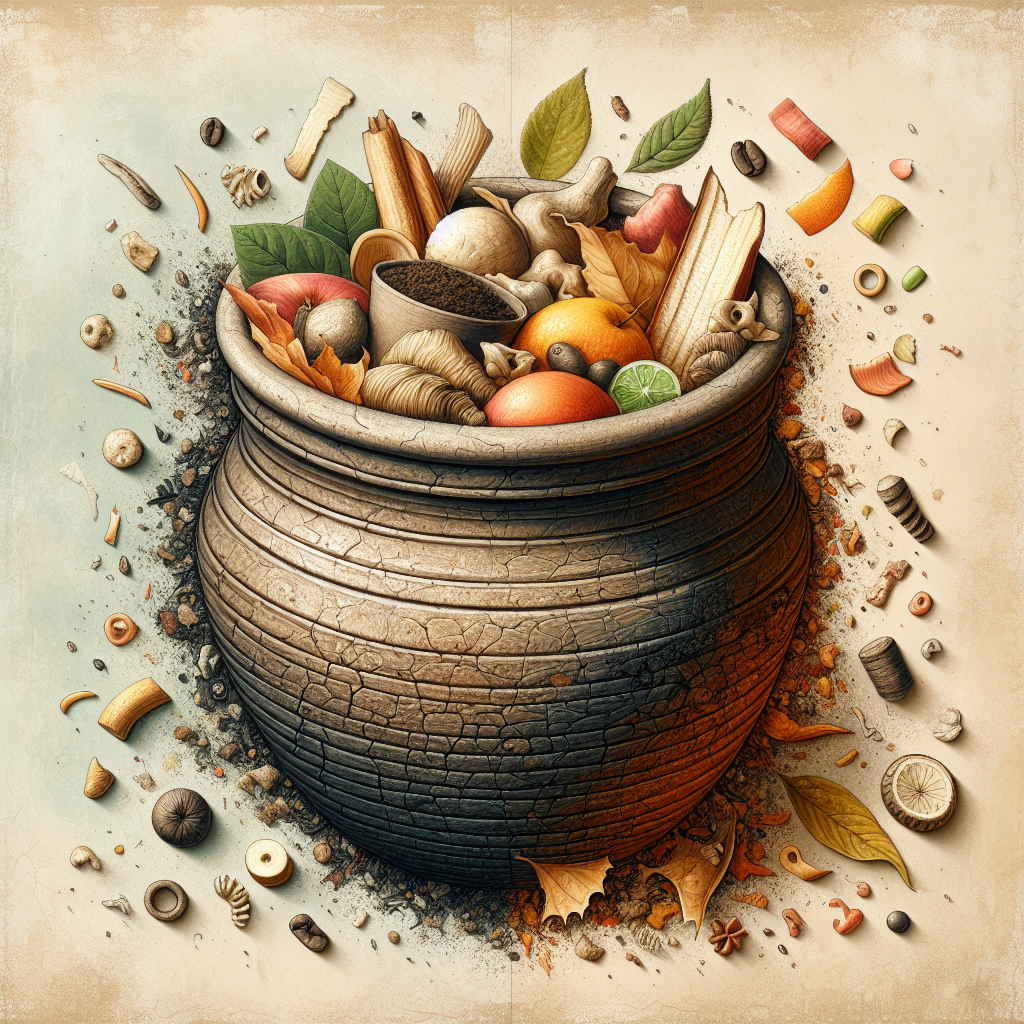
Tips for Successful Composting with Old Soil
To ensure successful composting with old soil, keep these tips in mind:
- Assess the quality of the old soil before adding it to the compost bin.
- Remove any weeds, debris, or contaminants from the old soil.
- Maintain the right balance of organic materials, including old soil, in your compost bin.
- Monitor moisture levels and keep the compost pile adequately moist, but not soaked.
- Turn the compost regularly to promote aeration and hasten decomposition.
- Avoid adding materials that may contaminate or hinder the composting process.
- Consider using alternative methods, such as topdressing or donation, if unsure about using old soil in the compost bin.
Final Thoughts
In conclusion, old soil can indeed be put in a compost bin, offering numerous benefits for your compost and garden. However, it’s crucial to assess the quality of the old soil, consider potential contaminants, and follow proper preparation and usage methods to ensure successful composting. By incorporating old soil into your compost bin, you can enrich the nutrient content, introduce beneficial microbes, and ultimately create a high-quality soil amendment for your plants. Remember to follow best practices and tips for successful composting, and enjoy the rewards of recycling your old soil into a valuable resource. Happy composting!
Check Out Our Recommended Composting Products on Amazon Right Here!

